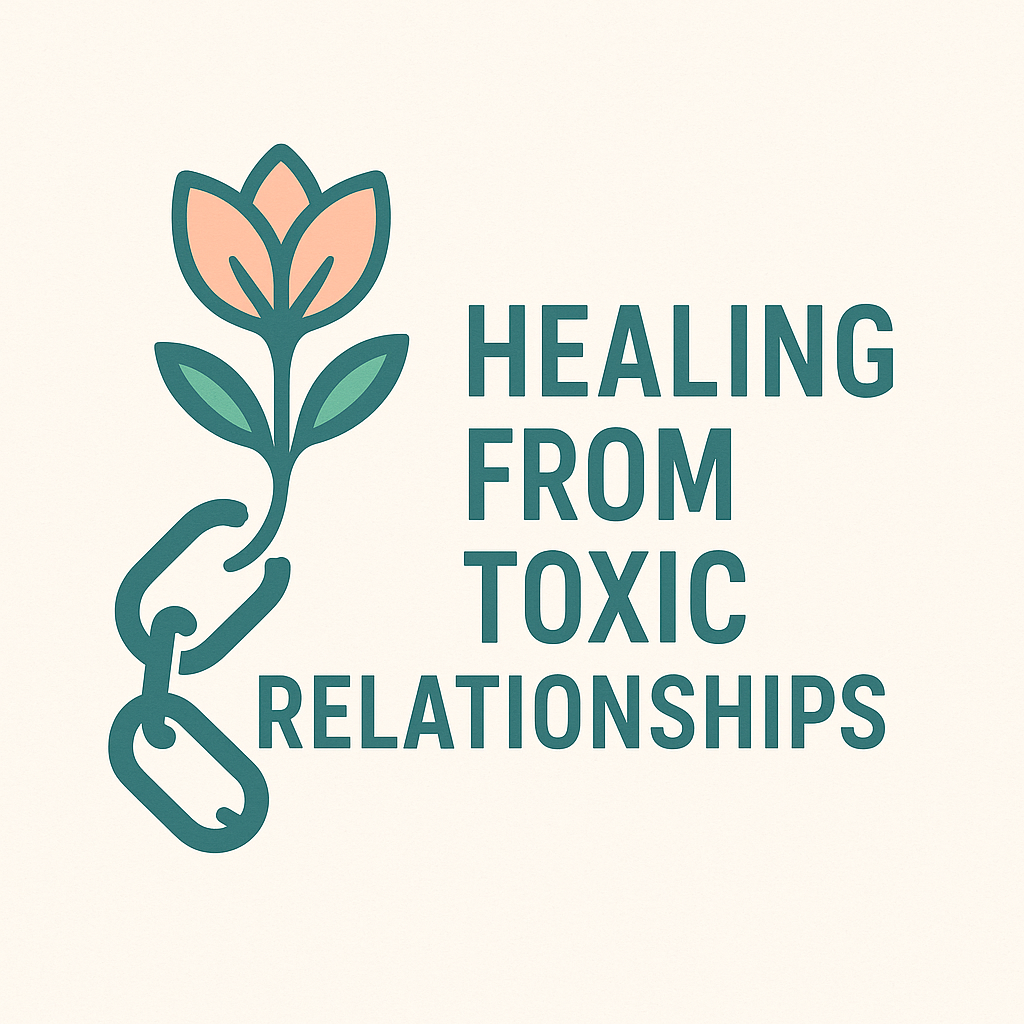Child Abuse 101
So—what is child abuse?
Child abuse is any action—or failure to act—by a parent or caregiver that causes harm, serious risk of harm, or threatens a child’s safety, development, or dignity.
Let’s break that down using definitions from leading experts and institutions:
1. Physical Abuse
Hitting. Shoving. Burning. Throwing things. Forcing a child to kneel, stand, or endure pain as “punishment.”
“Physical abuse is the intentional use of physical force that can result in physical injury.”
—Centers for Disease Control and Prevention (CDC)
Some survivors were told it was discipline. But if you lived in fear, flinched at yelling, or still tense up when someone raises their hand, your body remembers.
2. Emotional / Psychological Abuse
Yelling. Belittling. Threats. Silent treatment. Gaslighting. Undermining a child’s sense of self-worth.
“Emotional abuse involves a pattern of behavior that impairs a child’s emotional development or sense of self-worth.”
—U.S. Department of Health and Human Services (HHS), Child Welfare Information Gateway
It leaves no bruises, but it can shape your beliefs for life:
“I’m a burden.”
“I can’t trust anyone.”
“If I make a mistake, I’ll be rejected.”
3. Neglect
Not meeting a child’s basic needs—food, shelter, emotional connection, safety, medical care.
“Neglect is the most common form of child abuse. It is the failure to provide for a child’s basic physical, emotional, educational, or medical needs.”
—American Academy of Pediatrics (AAP)
Many adults don’t realize they were neglected. But if you had to raise yourself, comfort yourself, or felt invisible in your own home, that’s not just sad. It’s abuse.
4. Sexual Abuse
Any sexual contact, exposure, coercion, or exploitation of a child. It includes touching and non-touching offenses.
“Child sexual abuse is any interaction between a child and an adult (or another child) in which the child is used for the sexual stimulation of the perpetrator.”
—National Child Traumatic Stress Network (NCTSN)
This form of abuse is often hidden under shame. But no matter how it happened, or who it came from, it was never your fault.
Why it’s important to name it:
Many adult survivors minimize what happened.
They feel confused, guilty, or unsure. But the body doesn’t lie.
If your nervous system still reacts to the memories…
If your inner child still feels scared or small…
Then what happened to you mattered.
“The effects of child abuse are long-lasting and profound, but recovery is possible when the trauma is acknowledged and addressed.”
—Dr. Bessel van der Kolk, author of The Body Keeps the Score
Final thought:
Abuse isn’t just what happened.
It’s what you had to become in order to survive it.
And now that you’re here?
You get to unlearn those survival patterns.
You get to call it what it was.
And you get to heal.
